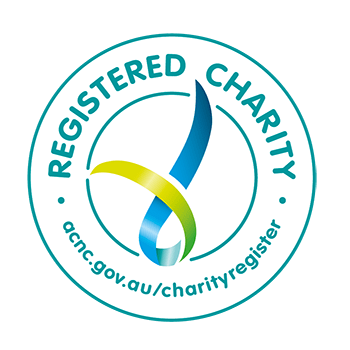Meet the growing team of AMAPP Advisors
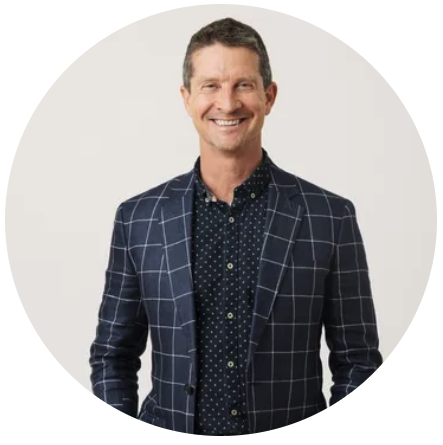 |
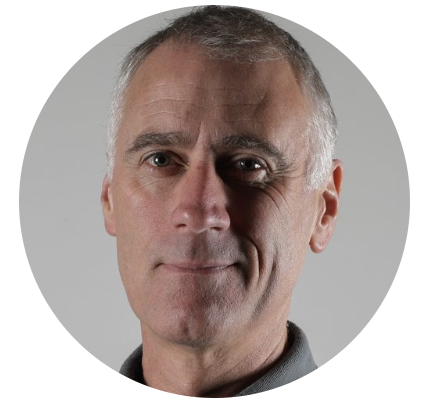 |
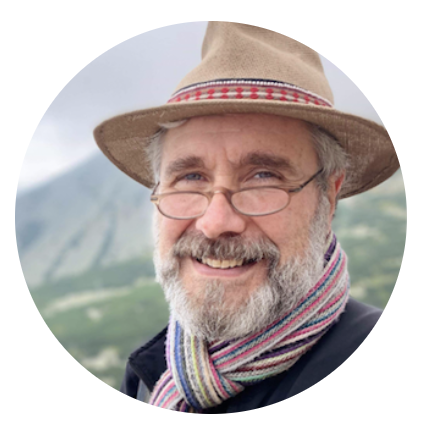 |
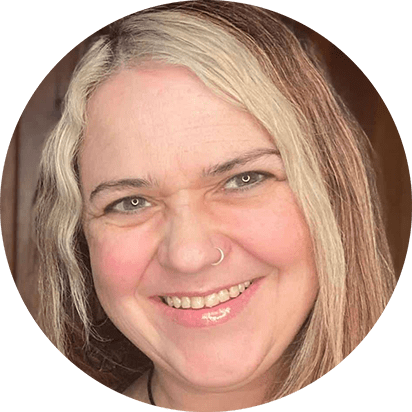 |
Dr. Llew LewisDr Llew Lewis completed his medical training in South Africa at the University of Witwatersrand in 1994. He did his internship at Baragwanath Hospital in Soweto and specialised in Psychiatry, becoming a Fellow of the College of Psychiatrists (South Africa) in 2000. He undertook further training in the London Deanery, achieving his Certificate of Completion of Specialist Training (CCST) IN 2006 and completing a Postgraduate Diploma in CBT at the Royal Holloway University (London) in the UK. He was appointed as a Consultant Psychiatrist in 2006 with South Essex Partnership Foundation University Trust (SEPT). Dr Lewis was a founding Board member of the Australian Multidisciplinary Association for Psychedelic Practitioners holding the Chair of the Educational Subcommittee from May 2023 to June 2024. |
Dr. Martin WilliamsMartin Williams, PhD is a Senior Research Fellow at the Centre for Mental Health, Swinburne University. Martin’s research background is in Medicinal Chemistry and Pharmacology, and he is Executive Director of Psychedelic Research in Science & Medicine (PRISM) and Vice-President of Entheogenesis Australis (EGA). Martin is a co-investigator on a number of Australian clinical trials of psychedelic-assisted psychotherapy, including the St Vincent’s Hospital Melbourne study of psilocybin-assisted psychotherapy in palliative care; the Monash PsiConnect neuroimaging study of psilocybin with mindfulness meditation; the Swinburne PsiloDep pilot study and 3PAP RCT of 2- vs 3-dose psilocybin-assisted therapy for depression; and several other studies of psilocybin, MDMA and other psychedelics for the treatment of a range of mental health conditions. Martin has been an articulate advocate for psychedelic medical research and the evidence-based clinical translation of psychedelic-assisted therapies for almost twenty years. He has co-authored several academic papers providing an Australian perspective on the subject, including a recent influential Perspectives paper in Frontiers in Psychiatry, and is co-editor of an upcoming special topic issue of Frontiers, Beyond Psilocybin: Exploring the Clinical Potential of Novel and Alternative Psychedelics. He presents regularly at conferences and symposia, and is a frequent commentator on psychedelic research and governance in Australian print and broadcast media. |
Dr. Nikola Ognyenovits M.D., FRACGP, FACRRM, FAChAM (RACP).Dr Nikola Ognyenovits is a Hungarian born psychedelic therapist and addiction medicine specialist physician living and working in Brisbane, Australia. Dr Nikola has been using ketamine in psychedelic assisted psychotherapy in his community private practice since 2020. He has trained in Grof Transpersonal Training, transpersonal psychotherapy and shamanic healing practices. He also completed training in ketamine, MDMA and psilocybin assisted psychotherapies. Dr Nikola is currently engaged in psychedelic research projects and training therapists in this field in Australia. |
Dr. Sandra DreisbachAn Ethicist and Psychedelic Ethics specialist with an MA, PhD in Philosophy. She is an Ethics Advisor active in Psychedelic Integration, Education and Advocacy. Sandra is the community leader of EPIC (Ethical Psychedelic International Community), Director of Ethics for Nectara, a psychedelic support ecosystem, Ethics Director for World Psychedelics Day 6/20, and former leader of the Santa Cruz Psychedelic Society. Sandra taught Bioethics at University of California, Santa Cruz, for ten years; worked for many years in the tech industry primarily at Apple; and is a Reiki Master. |
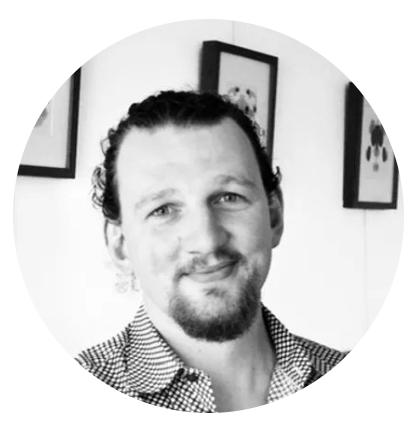 |
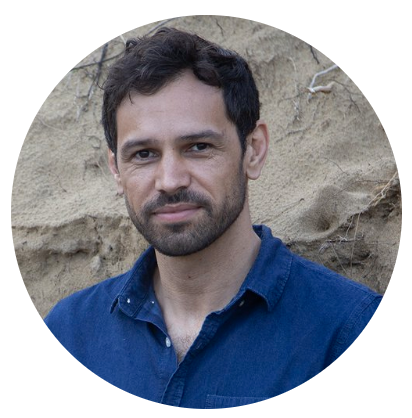 |
|
Dr. Tra'ill DowieDr Traill Dowie is a philosopher, academic, psychotherapist, minister of religion and martial artist. He is an associate professor of psychotherapy, and he holds dual PhDs in Philosophy and psychiatry. Tra-ill is a research fellow at La Trobe University in Philosophy, He has also trained with the Multidisciplinary Association of Psychedelic Studies (MAPS). Traill was formerly a co -developer and teacher in the certificate of psychedelic assisted therapy at mind medicine. Traill has a deep abiding interest in the history of psychological intervention and medicine more generally including ethno-medicine Traill has formally studied psychodynamic, existential, integrative, transpersonal, and constructivist approaches to therapy. Traill has 25 years of experience working as a clinician in a variety of settings including in private practice and organisations. He began his career working in eco-psychotherapy and wilderness therapy working with complex presentations. Traill has worked in both in-patient and outpatient settings focusing on the treatment of complex trauma. Traill has an abiding interest in all technologies of mind and state alteration, ranging from eastern meditative practices, traditional shamanic techniques (including the use of entheogens), as well as their appearance in psychotherapy and psychology. Traill has become very interested in the way altered states, social context and performativity can lead to profound change in human beings, including the multitude of pathways by which we can organise and optimise human life.Traill considers his greatest achievement in life to be his daughter. |
Michael Raymond, Airforce Veteran, BEng (Electrical), Lived ExperienceMichael Raymond, a retired Australian Airforce Engineering Officer with 16 years of service, has been a prominent advocate of psychedelic plant medicines for veterans over the last four years. His journey in the Airforce included roles as a fast jet Avionics Technician on F/A18F Super Hornets & F-111s, working with Special Operations and other high-security roles. His pursuit of knowledge led him to acquire a Bachelor of Electrical Engineering at the Australian Defence Force Academy (ADFA), culminating in his commission as an officer. After his mental health challenges emerged following his retirement from service, Michael Following the emergence of his mental health challenges post-retirement from service, Michael embarked on a transformative healing odyssey to South America, where he immersed himself in the wisdom of traditional plant medicines. Here, he harnessed the healing potential of psychedelic plant medicines—a pivotal experience that not only likely saved his life but also profoundly altered the trajectory of his journey. Michael's advocacy journey began in 2019 with the publication of his story, a narrative that later unfolded into engaging conversations at both local and international forums. Notably, he serves as an Ambassador for the Neuromedicines Discovery Centre at Monash University. Presently, Michael is at the helm of Heroic Hearts Project Australia, assuming the roles of Co-Founder & CEO. In this capacity, he pioneers plant medicine programs and research uniquely crafted for veterans and first responders, seamlessly incorporating the transformative power of ayahuasca and psilocybin. |
|
|
|
|
|
|
AMAPP acknowledges the following advisors for their contributions to the psychedelic space. They fulfill diverse roles within the community, each with unique missions and areas of focus.
The inclusion of these advisors on the AMAPP website signals mutual respect and shared values. However, this does not necessarily imply that AMAPP endorses all their actions and beliefs, nor is the endorsement necessarily reciprocated. We strongly believe in recognizing and engaging with a wide spectrum of viewpoints, as befits our role as a multidisciplinary organization. We value the unique perspectives each advisor brings, fostering a dynamic exchange of ideas and ensuring that AMAPP mirrors the diverse psychedelic community. This approach enhances our capacity to achieve our vision and mission of supporting the legal, ethical, accountable, and effective implementation of Psychedelic Assisted Therapies (PAT) in Australia.
